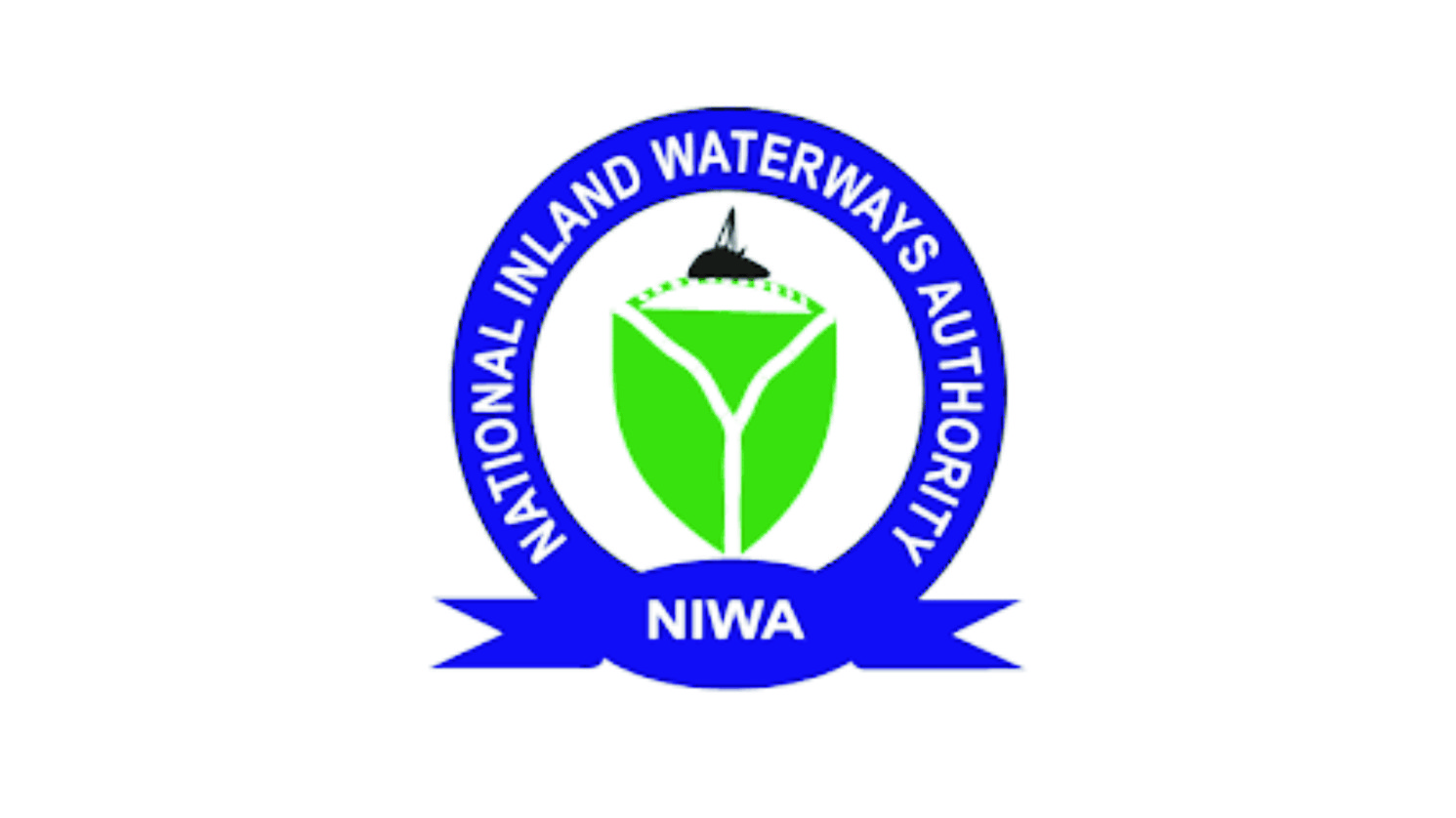Business
IMF tells FG To Stop Electricity Subsidy
The International Monetary Fund (IMF) has called in Nigeria’s Federal Government to remove what it called implicit fuel and electricity subsidies.
This was contained in a recent report published by the IMF, in which it said the subsidies will take a whooping three per cent of the nation’s Gross Domestic Product (GDP) in 2024 as against one per cent in 2023.
In the report, the IMF commended the Federal Government for phasing out “costly and regressive energy subsidies”, among others.
It added that this was “critical to creating fiscal space for development spending and strengthening social protection while maintaining debt sustainability”.
Recall that President Bola Tinubu’s administration removed fuel subsidies during his inauguration on May 29, 2023.
Commenting of the fuel subsidy removal, IMF noted that “adequate compensatory measures for the poor were not scaled up promptly and subsequently paused over corruption concerns. Capping pump prices below cost reintroduced implicit subsidies by end-2023 to help Nigerians cope with high inflation and exchange rate depreciation”.
IMF also acknowledged that the price of electricity had tripled for high-use premium consumers on Band A feeders, 15 per cent of the 12 million customers who account for 40 per cent of electricity usage.
Following Nigerians’ agitation for the reversal of the Band A tariff from N206.80 per kilowatt-hour to N68, IMF said “the tariff adjustment will help reduce expenditure on subsidies by 0.1 per cent of Gross Domestic Product, while continuing to provide relief to the poor, particularly in rural areas”.
It continued that “once the safety net has been scaled up and inflation subsides, the government should tackle implicit fuel and electricity subsidies”.
The organisation also warned that “With pump prices and tariffs below cost-recovery, implicit subsidy costs could increase to 3 per cent of GDP in 2024 from 1 per cent in 2023. These subsidies are costly and poorly targeted, with higher income groups benefiting more than the vulnerable.
“As inflation subsides and support for the vulnerable is ramped up, costly and untargeted fuel and electricity subsidies should be removed, while, e.g., retaining a lifeline tariff”.
IMF projected that the implicit fuel subsidy could gulp as high as N8.4tn in 2024 from N1.85tn in 2023, N4.4tn in 2022, N1.86tn in 2021 and N89bn in 2020.
The electricity subsidy being paid to customers under Band B, C, D, and E was projected to stand at N540bn by the end of 2024.
The Tide’s source reports that the Nigerian National Petroleum Company Limited (NNPCL) and the Minister of State for Petroleum (Oil), Heineken Lokpobiri, have repeatedly debunked claims that the Federal Government was paying fuel subsidies through the back door.
The IMF’s call for the removal of electricity subsidy is coming amid protests from Nigerians who are calling on the Minister of Power, Adebayo Adelabu, to return the Band A tariff to the status quo.
For this purpose, the organised labour has threatened to stage a protest on Monday if Adelabu fails to heed their calls.
Business
NIMASA Commits To Creating Enabling Environment For Maritime Business

Business
FG Inaugurates Special Committee Against Boat Accident


